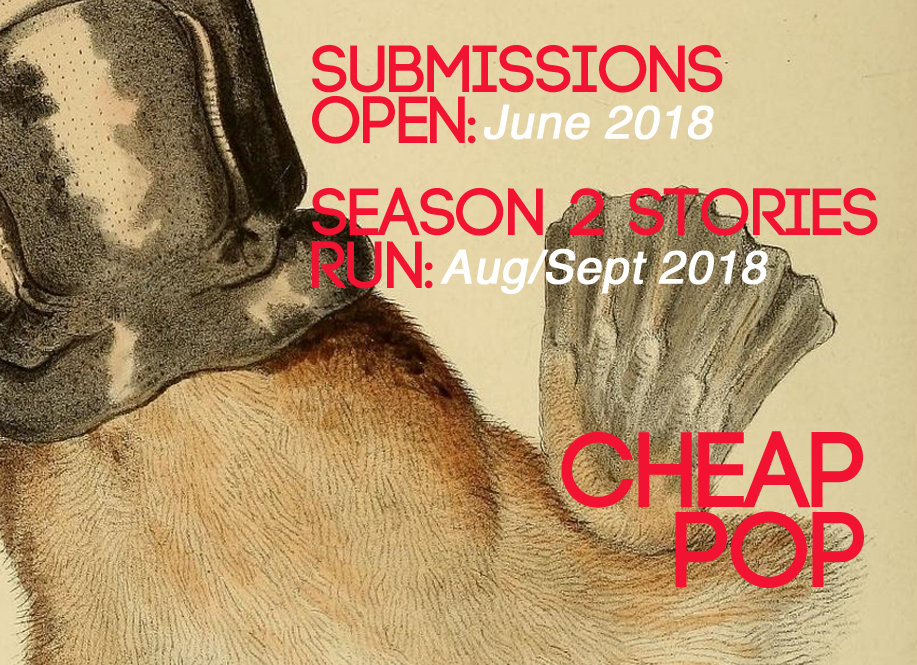FRAGMENTS OF EVOLUTION — CAVIN BRYCE
/Oxudercinae
A lot of creatures look like they’re right in-between step one and step two of the evolutionary process; like apes compared to man. The neatest example is the mudskipper. It's a lard of a creature with bulbous eyes plopped right on the top of its head. Imagine a fish transforming into a lizard; right before it sprouts legs, after it’s developed lungs, that’s the form of a mudskipper. I wonder for how many thousands of years those dingus fish flew out of the water and suffocated on the shores of an unknown world before the first of them possessed functioning lungs. How many millions of them died without ever knowing why they wanted to get onto land?
Crocodylians
There are swarms of alligators in Florida—banks of rivers piled with writhing monsters. Images don’t do them justice. You have got to see them in person, in the wild, with their yellow eyes glaring at your limbs. In the space between your gaze and theirs exists only a carnivorous lust and a knowing, on their behalf, that you are nothing more than food. I wonder, when did the subconscious groupmind of their ancestors realize that they were indestructible? Camen. Crocodiles. Alligators. They’ve gone unchanged, for millions of years, without ever being choked out of the ecosystem.
Homo Sapien
Evolution is strange because we see billion-year long timelines that track the growth of legs and what not but sometimes it will occur instantaneously. One day you're a fish and the next you’re a lizard. That’s how it happened with my best friend. He was a kid. Then he was a man. It took no time at all. Like that—a synapse snapped in half and his curious playful tendencies evaporated and were replaced with the drive to sustain himself as best possible. He stopped skipping stones and started picking up shifts. One fertilized egg later and he evolved even further. It took 5 years for the entire metamorphosis to take place. Others refuse to evolve. Similar to lemmings, and their infatuation with plummeting off the side of cliffs, these beings were dedicated to extinction. While Darwin’s finches were cracking the shells of nuts and hunting for insects these pitiful bastards were failing to carve out a niche in the modern food chain. They didn’t breathe or suffocate, hunt or be hunted, they just fossilized behind gas stations and inside of cubicles.
Cavin Bryce is an emerging writer from the University of Central Florida. He eats his steak rare and drinks exclusively from the middle shelf. When he isn’t scribbling words you can find him on his back porch, sitting on a stoop, or behind a gas station.










